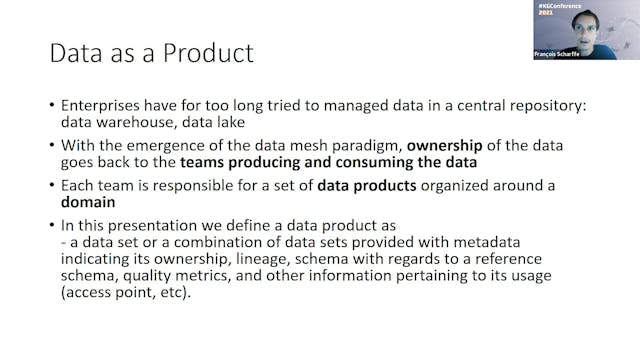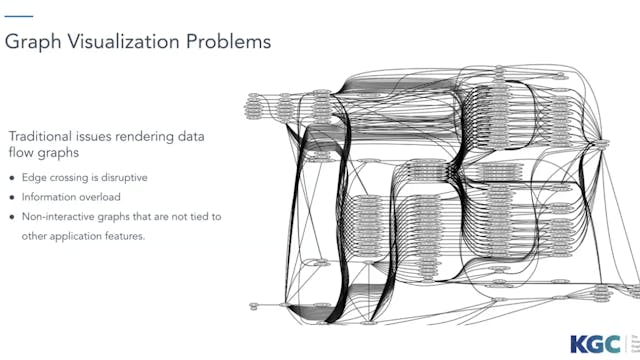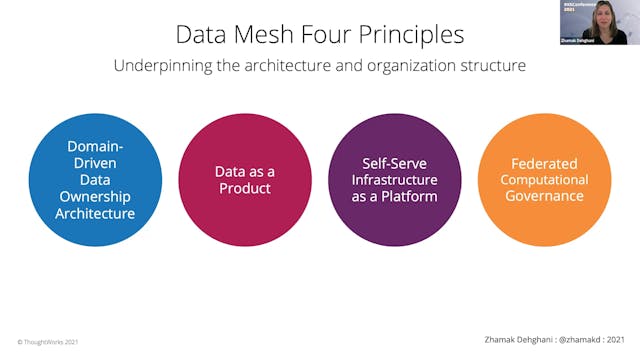Johannes Keizer | VocBench: A Semantic Web Collab Dev. Platform For Ontologies
KGC21 | Conference Only Pass
•
13m
This presentation will feature and demonstrate "VocBench", an semantic web collaborative development platform for ontologies, thesauri and lexicons.
VocBench has initially been developed for maintenance of the thesaurus "Agrovoc". It has become then a generic tool for thesaurus management and now features dedicated support for editing OWL ontologies, SKOS(/XL) thesauri, Ontolex-lemon lexicons, EDOAL linksets and generic RDF datasets. Advanced editing capabilities, high scalability (the platform integrates with high performant triple stores such as RDF4J and GraphDB) and editing and publication workflow management all contribute to a full-fledged collaborative online environment.
The tool is opensource, but professional resources are available to offer services or develop necessary extensions.
VocBench is a web-based, multilingual, collaborative development platform for managing OWL ontologies, SKOS(/XL) thesauri, Ontolex-lemon lexicons and generic RDF datasets. Johannes is the customer and marketing manager of VocBench and he is here to talk about what VocBench and what VocBench was built for. Johannes will also mention some of the architecture and features that come with VocBench and why it is unique within it's space. #knowledgegraphs #knowledgegraphconference #knowledgegraphontology #knowledgegraphdataset #knowledgegraphontology
Up Next in KGC21 | Conference Only Pass
-
Justin Zhen & Francois Scharffe | Bui...
Description: The switch to decentralization in data management is finally happening as organizations struggle with a disconnect between data teams and domain knowledge. Once a new organizational structure around data domains is in place, the need for platforms for managing data products appears. ...
-
Peter Hicks | Visualizing Data Lineage
Extracting metadata from data pipelines and building useful graphs for real production environments.
-
Zhamak Dehghani | Introduction To Dat...
For over half a century organizations have assumed that data is an asset to collect more of, and data must be centralized to be useful. These assumptions have led to centralized and monolithic architectures such as data warehousing and data lake, and neither of which have been able to enable data...



